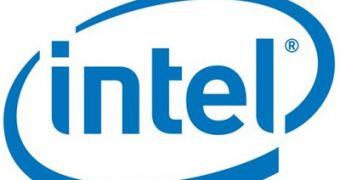Now that there is no longer a clear controlling force on the PC market, platform makers are discussing each other's flaws, so to speak, and Intel recently took its turn at stating its blunt opinion on Apple, Android and Microsoft.
Regardless of what the to-tier IT players would like the world to think, the fact is that change has come to the worldwide industry.
It started when the ARM architecture began to spawn platform capable of posing as a threat to those usually used in mobile computing devices.
Granted, ARM chips aren't really easy to find in netbooks and, of course, notebooks, but tablets are playing the role of stepping stone rather well.
If ARM SoCs and CPUs do start to enter the PC segment for real, Intel is the main company who will suffer from it.
Microsoft is already adding ARM support to its Windows 8 OS, and Android already works on both x86 and ARM, having reached the 3.1 tablet version.
In fact, things have progressed enough that questions are arising as to whether or not Intel will lose the Apple MacBook line to ARM or AMD.
"[Apple's] growth in Macs has quadrupled since they shifted to Intel, their market share has quadrupled since they shifted to Intel. And that value proposition has served them very well,” Intel's chief, Paul Otellini, said. "I don't see their Mac line moving in any different direction anytime soon," he said.
Then again, it seems that Intel is not all that pleased with Apple's modus operandi, or Android's current, fragmented state, which it named “chaos.”
"Apple's objective is to control everything end to end so they can control the experience and the pricing," Otellini said.
"Google's model is to get as broad a base as possible because, how do they get paid? They don't get paid by selling Android. They get paid by clicks. At the end of the day, the more pervasive Android is, the more money Google ultimately makes because advertising revenue can accrue from it."
Needless to say, even though this, and other things Intel said in recently, drew some ire from certain parties, Intel does seem to genuinely want Android to get over its current issues, much like NVIDIA does.

 14 DAY TRIAL //
14 DAY TRIAL //